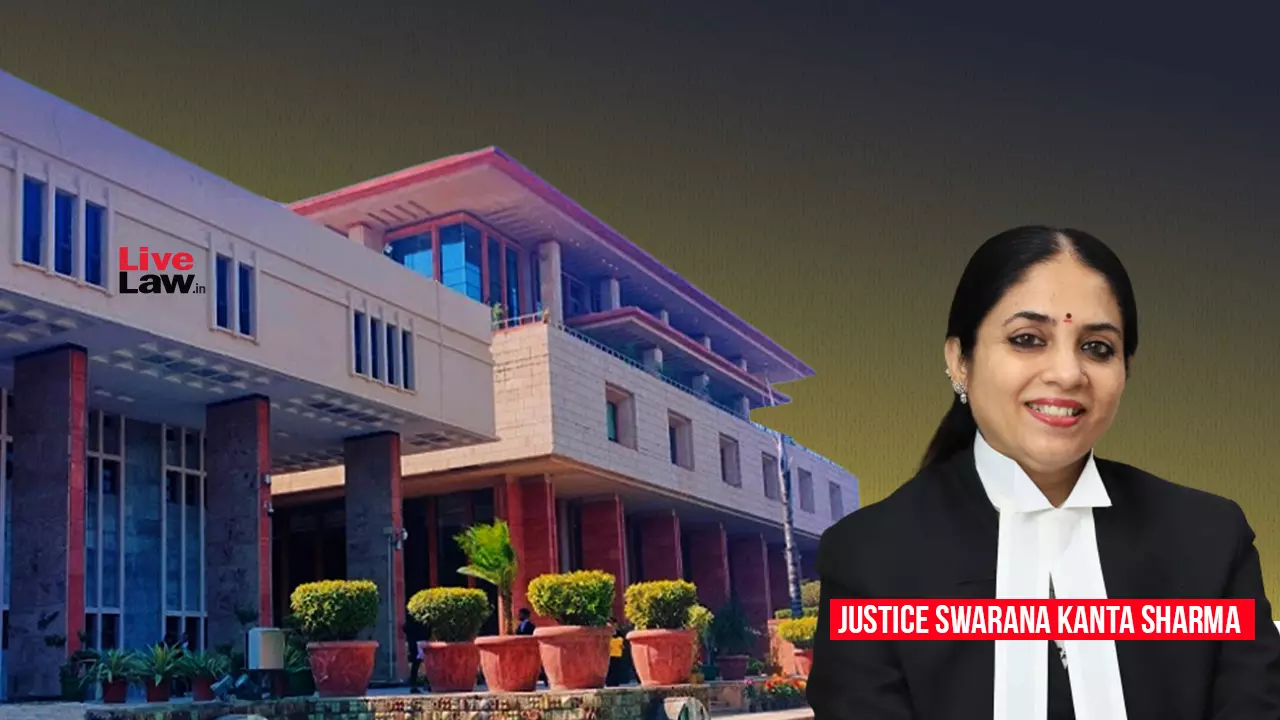Delhi High Court Denies Bail To Man In Wife’s Suicide Case


The Delhi High Court has denied bail to a husband after his wife, who was three months pregnant, committed suicide within nine months of marriage over alleged harassment for dowry and cruelty towards her.
Download Free Download Download Sharma said that the deceased’s voice cannot be silenced forever and can be heard through the evidences brought forth by her parents.
“The right of the victim, especially a young woman who died while allegedly being harassed for dowry, and who was three months pregnant, must be given due regard. Her voice, now silenced forever, can only be heard through the evidence brought forth by her parents,” the Court said.
It added that the deceased, having lost her life, was not available to tell her story and her right to justice must be voiced by her family.
Justice Sharma said that the grief-stricken parents, who were the prosecution witnesses in the case, were the only ones left to speak on her behalf and seek justice for the wrong done to her.
“To conclude, this Court is of the opinion that while the right of an accused to be considered for bail is well-recognized in law, the Court cannot ignore the material on record at this stage, including the testimonies of the parents, the contents of the FIR, and the sequence of events preceding the death, which at this stage, collectively support the prosecution‟s case and prima facie disclose ingredients attracting the offence alleged,” the Court said.
Justice Sharma denied bail to the husband, rejecting the husband’s contention that the quarrel between the couple was a routine matrimonial disagreement.
The Court further added that there was a pattern of harassment for dowry wherein the husband used to demand a motorcycle and a gold chain from the deceased and would quarrel with her for not fulfilling the said demands.
Further, the Court said that just because the parents got their daughter married into another city did not make them strangers or private individuals with no knowledge about her mental state or day-to-day married life.
It said that the parents were neither strangers nor unaware of how their daughter was being treated in her matrimonial home.
“In India, the love and affection of parents for their daughters does not cease once the daughter’s life becomes tied with another family or man. They remain emotionally and deeply connected to their daughters even after marriage. Parents, after marrying their daughters into another family, do not disown or distance themselves from them – their daughters continue to live in their hearts. To even presume that parents, merely because they married their daughter into another city, would not know about her life or would become strangers in the social context, is a flawed and unrealistic argument in itself,” the Court said.
It added that a woman who is harassed, tortured, or ill-treated for non-fulfilment of dowry often has only her parents as her support system, and are her only emotional shelter, even if only through words and conversation.
The Court further observed that not only did the incident resulted in the loss of a young woman‟s life, but had also extinguished the life of the unborn child she was carrying.
“The deceased, having lost her life, is not available to tell her story, and her right to justice must now be voiced by her family. The grief stricken parents, now prosecution witnesses in this case, are the only ones left to speak on her behalf and seek justice for the wrong done to her,” the Court said.
Title: AJAY KUMAR v. STATE OF NCT OF DELHI

